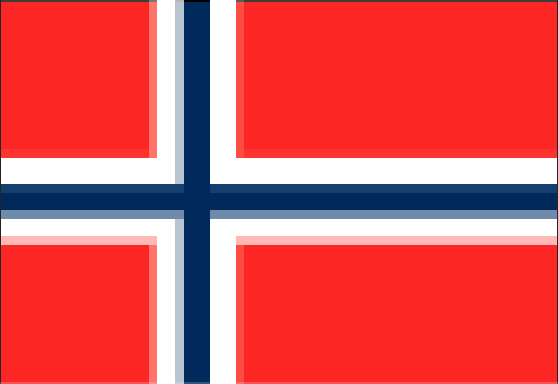Marjan Vahdat - Marjan Vahdat // The Eagle of my Heart
Buy/listen:
Buy / ListenFrihet er som en plante. Du må vanne den hver dag.
Dagsavisen
Stemmens rett
Marjan Vahdat vil formidle levde kvinneliv under regimet som råder i Iran – og bygge broer på tvers av konfliktlinjer.
Klassekampen
Release number: FXCD503
Release date: 08.03.2024
“Singing gives me a freedom that even conquers self-censure”
So says Marjan Vahdat. She has now finished a brand new album on which she sings a cappella, without instrumental accompaniment. On her record “The Eagle of My Heart” her powerful voice rings out in all its naked glory.
“When I sing a cappella I can express my feelings more or less unfiltered. My voice is completely naked, and while I sing I can observe all the details and play with elements that I don’t notice as well when I’m singing with instruments accompanying me”, she says.
On the new album Marjan has included some recordings of voices that have shaped her as a singer, also these a cappella, almost like taking a documentary break in her otherwise meditative and very beautiful performance. We hear the voices of her father and grandmother and of one of her father’s cousins.
“My voice is a gift I have inherited. Each time I sing I have an immediate connection to the voices that have influenced me throughout my life. These voices are a constant reminder to me to carry their hopes and dreams forward. When I sing a cappella I never feel that I’m singing alone”, Marjan adds.
She says that she has been urged many times to record an a cappella album. But it is first and foremost due to her artistic curiosity that she has now realised this idea and the fact that she quite often performs without instrumental accompaniment, having done so all her life.
Apart from two songs from the Lorestan province, Marjan Vahdat has composed all the melodies herself, one of them inspired by music from the historical region of Khorasan. The lyrics are from various Iranian poets, some of them classical, such as Rumi and Hafez, and some contemporary, such as Forough Farrokhzad and Sohrab Sepehri, poets who have meant much to the movement that is now demanding equality and freedom for women in Iran.
Each of the songs conveys a little story. The title melody, for example, has lyrics written by Marjan that tells of Atash and her sorrow for the loss of her niece, 18-year-old Nika Shakarim, recently killed by the authorities because she took part in demonstrations under the slogan “Women, life, freedom". Since this murder Atash has written daily about Nika on social media.
“Lullaby for Taher” is a song in Kurdish language about another victim of the rain of bullets fired by the authorities, Taher Azizi from Piranshahr. His mother recently sang this song for him after he was shot during a protest march. Marjan has written another melody, but the lyrics are the same. This track also has another contributor, the Norwegian singer Ruth Wilhelmine Meyer.
“My Savior” is part of a long poem by Tahere, a female poet from the nineteenth century. Marjan’s grandmother would often sing this poem. We also hear an old recording of her voice together with Marjan. Singing solo is forbidden for women in Iran. Marjan says that she believes that her grandmother imagined that she was facing a large audience every time she sang this song.
Because of the situation for female singers in Iran, Marjan has lived in exile in California for some years. “Living in exile resonates deeply in me, stirring profound emotions and inspiring my songwriting”, she says.
The album “The Eagle of my Heart” was recorded in Tøyen Church in Oslo, produced by Erik Hillestad and released by KKV.
Share release

